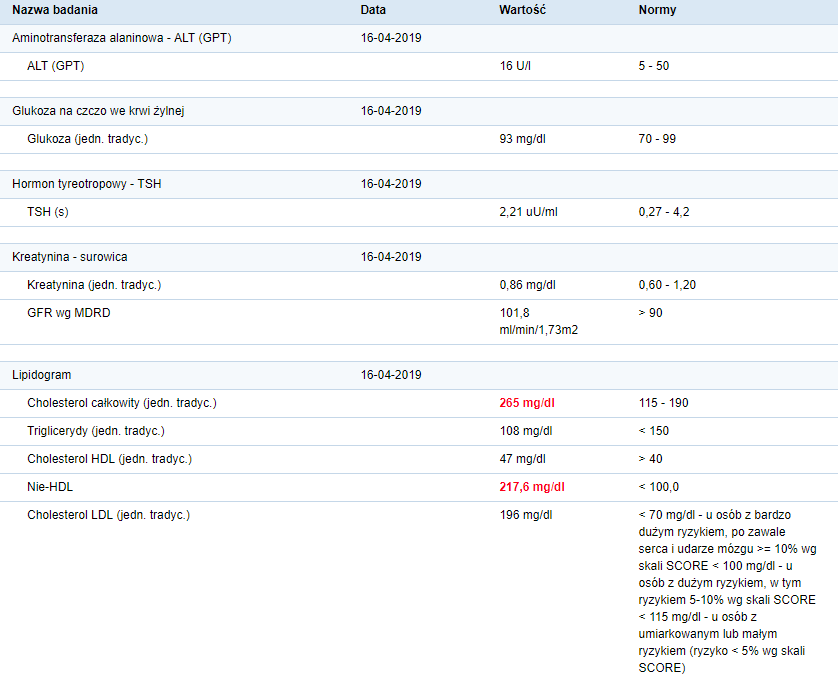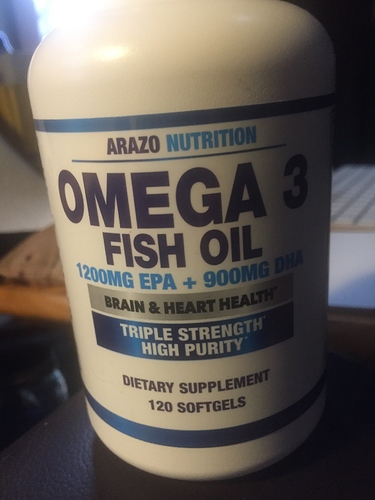First of all cholesterol has little to do with artery disease!
The length of the following answer is aimed at helping people understand basic issues versus the many misleading concepts widely promoted which depend on people NOT understanding basic principles.
Cholesterol is produced by EVERY animal cell on the planet because it is an essential component, about 30%, of ALL animal cell membranes; e.g .Cholesterol - Wikipedia which correctly outlines many of the issues (I am one of the many editors).
All life on the planet is based on fat organized water droplets, commonly called cells.
The dominant fat molecules which ALL cells on the planet utilize to control and organize water are called phospholipids; phospholipids - Google Search.
However, a fundamental problem with phospholipid bilayer membranes is that they are stiff and fragile (lack fluidity in the terms commonly used in this area).
If any cell membrane ever develops a leak or tear. what happens to the cell?
Answer:
It dies, extremely rapidly.
Why?
The membrane not only separates water inside from outside, but also separates what is in the water inside from in the water outside, a fundamental requirement/principle of how ALL cells work.
So how do most cells on the planet solve this fundamental requirement; nearly all prokaryotic cells and ALL plant cells?
Answer:
They build an additional layer outside their fat based membranes to protect their thin fragile membranes.
What is this additional layer called?
Answer:
A cell wall.
Why wall?
Because it is very thick and stiff compared to the ~15 times thinner lipid-bi-layer (i.e.two layers of fat molecules turned opposite directions) cell membrane; lipid-bilayer - Google Search.
While a cell wall can offer considerable protection to the existence of every cell membrane, does the cell wall strategy have a huge downside?
Answer:
Absolutely, each cell residing within a cell wall is within a jail and is unable to alter its size or shape without extensive rebuilding/modifications of the thick stiff cell wall surrounding the entire cell.
This is why plants do not move (very rare specialize exceptions; otherwise requiring very slow-motion time-lapse video to see planet generated movements) .
So do animal cells build a cell wall?
Answer:
No, that would result in animal cells having the same movement limitations as plants.
So what do animals do instead?
Answer:
Animal cells add another fat molecule into their bi-lipid layer membranes.
What is that molecule?
Answer:
Cholesterol; cholesterol=molecule - Google Search
With cholesterol molecules mixed in with the phospholipid molecules, animal cell membranes do not tear easily and are flexible, thus animal cells can change shape rapidly, animals can move and eat plants.
Since cholesterol is not, never has been, never will be the correct issue for artery disease, then what is?
Answer:
Lipoproteins (as first published 1950: https://www.ahajournals.org/doi/10.1161/01.CIR.2.2.161 , a result of 2 decades of prior research efforts ) i.e. proteins made by the liver and intestinal cells which are extruded though their cell membranes and self-organize in the water outside cells (extracellular water) so as to turn their charged amino acid groups toward the outside (i.e. water) and non-charged amino acid groups internally so as to transport ALL fats within these complex protein particles around the body within the extracellular water.
I has ALWAYS been these particles, NOT the fat molecules within (whichever ones are being transported) which have powerfully correlated with progression/lack of progression/remission of artery disease,
From several retrospective studies, in the US, over the last 20 years, what is the average TOTAL cholesterol BEFORE people have their first ST-elevation myocardial infarction (major heart attack in lay parlance)? 170 mg/dL.
Yet isn’t this called normal?
Answer:
Yes, but just one of many demonstrations that cholesterol has never and will never be the correct issue.
For myself and all clients (with rare exception), I never even both to check cholesterol concentrations.
Why? Because they are the wrong issue and do NOT correlate well with any health issues.
Keep in mind that the medical industry is not about health. It is primarily about disease, failures
When was this first figured out:
Answer:
The result of about two decades of basic science research work first published August 1, 1950: Blood Lipids and Human Atherosclerosis 1
What names have the lipoprotein particles been given, based on this original research?
HDL = High Density (compared to the surrounding water) Lipid (i.e. fat) transporting protein particles
LDL = Low Density (compared to the surrounding water) Lipid (i.e. fat) transporting protein particles
IDL = intermediate Density (compared to the surrounding water) Lipid (i.e. fat) transporting protein
particles
VLDL = Very Low Density (compared to the surrounding water) Lipid (i.e. fat) transporting protein particles
ULDL = Ultra Low Density (compared to the surrounding water) Lipid (i.e. fat) transporting protein particles (commonly called chylomicrons, the only particles, which, if large enough, can sometimes be seen using a high power light microscope).
LDL-P and all the larger particles are largely delivery protein particles.
A single LDL particle is composed of a single Apo-B organizing protein
along with 80 to 100 additional proteins and typically transports 3,000 to 6,000 fat molecules.
Which ones? Whatever ones are present, an issue which varies widely as a function of what people eat, how often, how much excess body fat and many physiology mechanisms still not well understood.
HDL particles (which have also long been subdivided into 5 subgroups) are the only particles with a primary role to remove unwanted fat molecules from cells.
HDL particles consist of a single up to five Apo-A organizing proteins along with additional helper proteins and carry no fats up to perhaps a thousand fat molecules. The remain higher density than water because of the ratio of more dense proteins (more dense than water) forming the water soluble shell along with a smaller amount of fat molecules (less dense than water), thus the entire particle remains more dense than water compared with the larger particles which both have a different structure and transport more fat molecules.
One might wonder why there are always more delivery particles carrying fat than particles which remove fats from cells.
Answer: What do fat molecules become after cells take in fat molecules and end up burning many of them for energy?
Answer: CO2 and H2O, neither of which require specialized protein particles to transport and remove form the body.
So who started all the nonsense about cholesterol being the correct issue and for what reason?
Answer: US government
Why: Money (a weak effort to reduce cardiovascular events rates, based on only a tiny portion of research published over 20 years earlier: https://www.ahajournals.org/doi/10.1161/01.CIR.2.2.161) which were powerfully driving up the cost of the 3rd government mandated taxpayer funded (i.e. socialized medicine; for both votes & expanded government control) service industry in the US within ~15 years of the Medicare system becoming Federal law.
Summary, Implement the correct issues: Get a LipoScience NMR lipoprotein profile (currently LabCorp 123497), decrease LDL-P concentration (e.g. <400 nmol/L), increase Large-HDL-P concentration (the two largest of the 5 groups of HDL particles, i.e. the ones which are working) to at least over 9 umol/L and LP-IR <25.
Are these value normal?
No way, They are abnormally healthy.
I hope this helps.
Milton Alvis
https://www.quora.com/profile/Milton-Alvis-1
http://www.google.com/#q=Milton+Alvis


 I really got used to eating keto style and would prefer to stick to it.
I really got used to eating keto style and would prefer to stick to it.